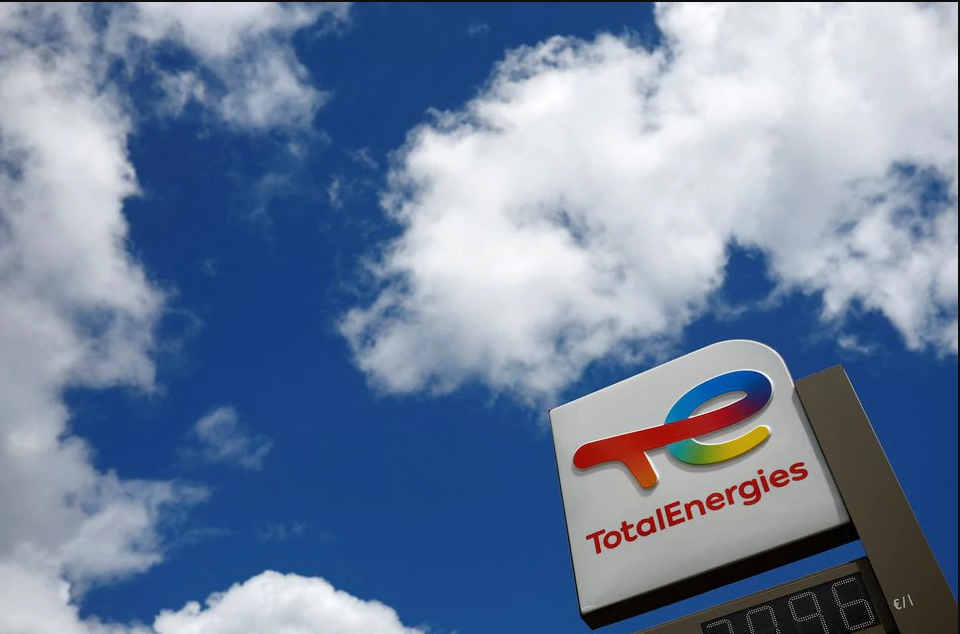There are indications that the rise in crude oil prices by 7.5 per cent to $85.89 per barrel in August 2023, from its $79.92 per barrel in July 2023, depreciation of the naira to N775/dollar in the official market and inflation, currently standing at 22.79 per cent, have combined to increase the landing cost of petrol to N600 per liter in the domestic market.
The industry analysis obtained by Vanguard that confirmed the development is exclusive of additional costs, including depot-related charges, transportation and marketers’ margin, which would combine to bring delivery at filling stations to more than N700/litre.
Industry sources told Vanguard that the landing cost for September 2023 is expected to rise further as the factors that propelled the rise in August figures have worsened.
In her email response to Vanguard inquiries, the Business Development Manager, Argus, West Africa, Funmi Bashorun, stated: “Indeed, high crude prices and continuous depreciation of the naira pose as deterrents to the effectiveness of deregulation and active participation by more marketers.”
However, while NNPC Limited and major marketers continue to sell the product at N568 per litre, their independent counterparts retail at higher prices, ranging between N570 and N700 per litre in different parts of the nation, depending on location.
The National Operations Controller, of the Independent Petroleum Marketers Association of Nigeria, IPMAN, Mike Osatuyi, who confirmed the development in a telephone interview, said: “Under the current government deregulation policy, marketers are free to sell at different prices, depending on their costs.
Similarly, the National President, of the Oil and Gas Services Providers Association of Nigeria, Mazi Colman Obasi, said in another interview, that “many individuals, households and businesses have parked their automobiles, a development that explains why the traffic situation has improved in many cities, especially Lagos and Abuja.”
Checks by Vanguard showed that transport fares have risen tremendously in intrastate and interstate routes nationwide by more than 100 per cent as transporters shift the cost to commuters.
For instance, it now costs more than N2,000 to travel from Ikorodu to Mile 2 in Lagos, a distance that used to cost about N1,000 before the deregulation.
Also, transporters that used to collect N15,000 and N18,000 by road to Uyo and Abuja respectively last year, currently charge N30,000 and N35, 000 respectively for the one-way route.
However, a market survey by Vanguard indicated that the worst hit remains food items, which prices have surged in the market. For instance, the price of one bag of rice (50kg) has risen to N53,000 in August 2023, from N36,000 in July, while 25 litres of groundnut oil (branded) has risen to N34,000 in August 2023, from N25,000 in July, thus becoming very difficult for poor families to feed well.
The negative impact on Nigerians and the nation’s economy could become more widespread, if Electricity Distribution Companies, DisCos, succeed in the current move to increase electricity tariff because of its importance to all sectors of the nation’s economy.
Meanwhile, the Nigerian Society of Engineers, NSE has faulted the reasons put forward by the DisCos to justify bids for tariff increase, stressing that many figures presented by the DisCos were not realistic.
NSE President, Engr. Tasiu Gidari-Wudil who spoke to journalists in Abuja, said: “In defending their applications, the DisCos cited changes in economic indices. Although it is the industry norm to use the CBN/NBS figures, most of the DisCos brought figures that are at variance with the current reality.
Figures as high as 30% inflation were used by a leading Disco while quoting a consultancy outfit as their source. These assumptions will give rise to a high WACC (Weighted Average Cost of Capital).
“While citing changes in operational expenditure, OPEX as the basis for their request for review, most of the licensees failed to justify the request since they did not show evidence of any increase in their circuit length, transformer numbers, increase in their staff salaries and numbers, increase in their metering and customer numbers, etc.
“It was also observed that the DisCos spend a substantial amount of their approved OPEX for payment of consultancy services and technical partnership payments that do not translate to any operational efficiency.
“In all the presentations by the DisCos, none of them came with verifiable evidence of their contracted feeder Supply Availability Index to warrant or justify the feeders upgrade and or customer reclassification proposed”.
The sudden removal of subsidy threw Nigerians and the economy into a spin. Yes, subsidy is gone, but Nigerians and the economy appear to be going. Subsidy was bound to go; but the devil is in the suddenness of its removal.
However, President Tinubu has urged the new ministers to work towards improving and stabilizing Nigeria’s economy to impact the lives of citizens positively.
QUOTE
The sudden removal of subsidy threw Nigerians and the economy into a spin. Yes, subsidy is gone, but Nigerians and the economy appear to be going.

